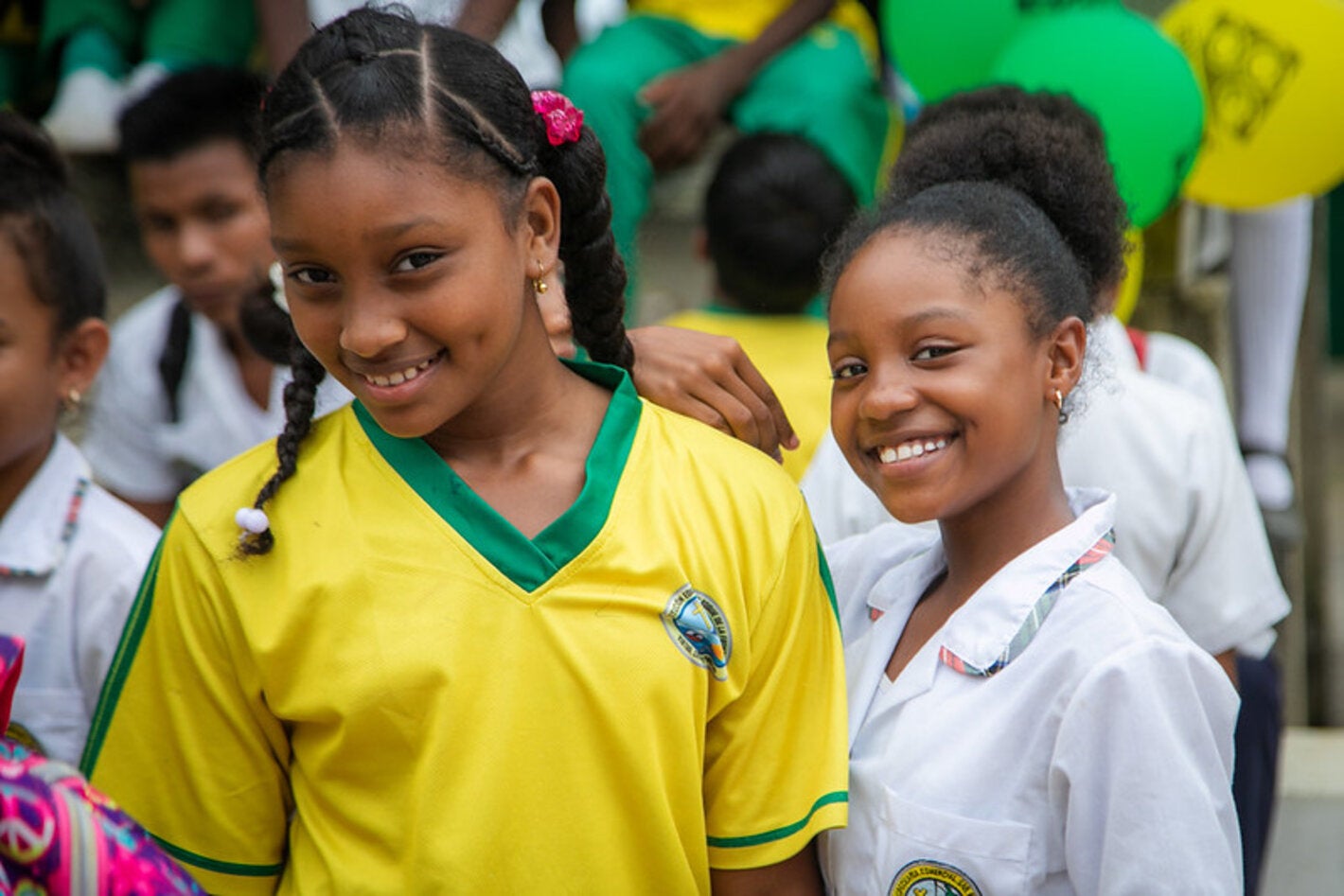
Bridgetown, Barbados, 13 March, 2023 (PAHO/WHO) – In an effort to better understand the perceptions of Caribbean young people from 13 to 29 years old, from Barbados, seven Eastern Caribbean Countries and Trinidad and Tobago, PAHO has engaged UNICEF to conduct a survey on the UReport platform, starting on March 13, 2023.
This survey follows the 2021 study ‘Public understanding of climate change and health in the Caribbean: Results and recommendations from a 10-country perceptions survey which engaged a study sample of 2,761 persons. Most responses from this sample comprised persons over 24 years old from Jamaica, Trinidad and Tobago, Barbados and St. Lucia respectively. Respondents from Guyana, Grenada, Dominica, Antigua and Barbuda and St. Kitts formed the minority of the study sample.
With the aim of uncovering a more representative study population, particularly among younger participants, PAHO and UNICEF will launch a poll to young subscribers of the UReport platform. These individuals will receive an invitation on their mobile phones to complete the survey, which will be conducted over a period of four weeks. The results of the survey will further inform the production of future climate and health initiatives for regional youth.
The links to access the polls are Barbados, Trinidad and Tobago and ECC countries (Antigua and Barbuda, Dominica, Grenada, Montserrat, St Kitts and Nevis, Saint Lucia and St Vincent and the Grenadines).
This initiative is yet another product of PAHO’s collaboration with UNICEF in the European Union-funded, CARIFORUM Climate Change and Health Project, ‘Strengthening Climate Resilient Health Systems in the Caribbean’. U-Report, UNICEF's flagship digital platform started in 2011 and supports adolescent, youth, and community participation. UReport serves as a tool to share information, raise awareness, and collect quantifiable data on specific areas that impact children, including the most vulnerable. Responses to the survey will be analysed, mapped, and shared on a public dashboard, ensuring the young people's feedback can be actioned by local and national decision-makers.



